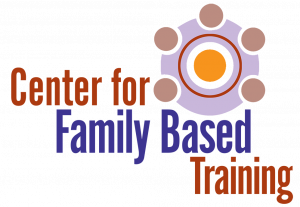Enmeshment is one of four structural patterns most associated with serious emotional disturbance in children. This course describes the characteristics of enmeshment and how this interactional pattern shapes children’s development of social-emotional competencies and their response to treatment. Treatment guidelines are highlighted, as well as common clinical traps that therapists are likely to encounter when working with enmeshed relational patterns. This course is an edited version of a live workshop presented for family-based therapists in February 2019.
5.0 Hours CE Credit
- Teacher: C. Wayne Jones, Ph.D.
Under-organized families are marked by inconsistency and chaos. Life in the home can feel random and leaderless. Children living in these families are at risk for abuse and neglect, and a wide range of behavioral and emotional problems within the family and community. This workshop provides an eco-systemic framework for understanding under-organized families and the caregivers who head them. Common traps are identified that helping professionals need to avoid when working with these families. Treatment guidelines are provided for addressing problems of caregiver engagement, maintaining a treatment focus, coordinating with multiple community agencies who may be working at cross purposes, and strengthening the caregivers’ executive functioning.
5.0 Hours CE Credit
- Teacher: C. Wayne Jones, PhD
Authoritarian families are focused on maintaining order, control, and compliance. Coercion, bullying, abuse, and violence are common in these families. This course provides an eco-systemic framework for understanding these families, the caregivers who head them, and the types of problems they typically encounter with their children. Common traps therapists make when working with these families are identified, as are strategies for avoiding them. Strategies are provided for introducing more softness into interactions between caregivers and their children and cultivating more tolerance for dissent in the family.
4.0 Hours CE Credit
- Teacher: C. Wayne Jones, PhD
